As she steps through the gates of the Mae Willie Morton Community Garden, Barbara “Lady B” Sims can’t help but start picking the turnip greens growing in a garden bed close to the entrance.
She moves toward a garden bed with collard greens and sighs.
“I was hoping that people would wait until after this week… They don’t know how to pick it,” Sims says.
The Mae Willie Morton Community Garden is a space off West Broad Street that produces fresh produce for the community, free of cost. The garden is open to the public for growing and consumption, and Sims is one of a few people that primarily manage the space.
“It has been a community effort, I’m very proud to say that,” Sims said. “But you know, right now… I just like my own time. I enjoy, most of all, seeing it grow.”
Sims remembers what her neighborhood used to look like, calling it “drug infested.” In the 1990s, residents of the neighborhood decided to “take back the community” by getting the local police department involved and engaging neighbors, churches and city officials. It took five years for the neighborhood to change, Sims said, and that was before the Mae Willie garden was developed.
Eventually, the Athens Land Trust was able to seize the property where the garden now sits. The house was demolished, and the community garden was moved from across the street on Bazzelle Avenue onto the land right beside Sims’ house on Julious Drive. It took a lot of labor, donations and community involvement to get the garden in the shape it’s in today.
And Sims continues to work. She’s a full-time radio host and wears “lots of hats” in the community, but she finds time to take care of the garden. Sims is able to list off a multitude of neighbors and long-time locals who help out periodically; Mr. Nelson Powell, Deacon Jones, Ms. Maddie Smith and her neighbor Brandy, among others. Athens Land Trust staff and local students also volunteer.
Community gardens create a space for local residents to grow their own food. They can take many different forms, from just a single raised bed in someone’s backyard to multiple fields of food plots. Regardless of size, they provide alternative access to traditionally expensive organic food.
In Athens-Clarke County, where historically poor communities are scattered across a booming college town, community gardens like Mae Willie are vital to provide access to affordable, healthy food and opportunities for residents to stay connected to their land.
The Effect of Locally Grown Food
The Athens Land Trust is well known for connecting people to accessible affordable housing, but it should also be credited for the management and development of the Community Garden Network. Both the Mae Willie and West Broad gardens are two spaces operated by the Athens Land Trust to help the historically low-income Brooklyn and Rocksprings neighborhoods gain access to healthy, free produce.
Around Athens, there are other efforts to expand the city’s accessibility to and understanding of fresh, local produce.
Abbie Dillon, a fourth-year horticulture student and Office of Sustainability Urban Agriculture intern, maintains the Green Roof Garden atop the University of Georgia’s Geography-Geology building. The garden is a 3,000 square foot green space that grows about 200 pounds of fresh fruits and vegetables every season. The majority of food feeds food-insecure people in Athens through organizations like Campus Kitchen.
The Green Roof Garden isn’t open to the public, but it represents a community approach to growing fresh food.
Dillon frequently works with small volunteer groups to promote sustainable agriculture and educate the community about the benefits of local food. Through guide-led tours and volunteer opportunities, Dillon strives to show how easy it is to grow one’s own food and explains that every citizen should be more in touch with where their food comes from.
“When you just buy food from a fast-food restaurant or even the grocery store, you just don’t really think about where it’s coming from and how much goes into making food,” she said.
Assistant Professor of Sociology at the University of Georgia Ryan Cobb focuses his research on the health consequences associated with social inequality such as poverty and food insecurity. He said participation in community gardening “increases morale” and “lower levels of depressive symptoms” in areas where the community plays a role in growing their own food.
“For the individuals that I know that are part of a community garden and plant their own food, it’s like a sense of pride,” Cobb said. “It gives them a task to do.”
Connectivity to the land can even extend to people who purchase organic, locally-grown food rather than growing it themselves. Lisa Merva, the assistant manager of Collective Harvest, has worked with the farm collective for two and a half years. She focuses on produce procurement from the local farms, as well as selling to local customers.
Merva has heard her customers say that they are much more excited to cook with Collective Harvest foods because they are just “a couple hands away from the people who actually grew it” and that this makes the price tag worth it.
Since 2015, Collective Harvest has been partnering with local farms to provide the Athens community with fresh, sustainably grown produce. According to Merva, Collective Harvest had to adapt to a new influx of patrons following the switch to online operations amid COVID-19 safety precautions, which has allowed Collective Harvest to quadruple their revenue compared to 2019 sales.
Barriers to Healthy Living
While farm shares such as Collective Harvest supply farm-fresh, locally grown food, the food is by no means free. According to Merva, the primary demographic of shoppers she encounters at Collective Harvest are people with enough disposable income to buy organic food who don’t rely on free community gardens or affordable food programs
According to the United States Census Bureau, 31.6% of the Athens-Clarke County population were living in poverty in 2018, the idea of purchasing organic broccoli for $5 a pound from Collective Harvest is not feasible for much of the Athens population.

Merva cites Collective Harvest prices as being “comparable” when comparing similar produce found at a grocery store. However, when compared to prices at Kroger, some Collective Harvest produce is almost double the price of organic Kroger produce.
Josh Johns at Hickory Hill Farm, a small-scale, organic supplier to Collective Harvest, says his farm isn’t able to price their goods any lower without losing profit.
“We are organic… and we aren’t mechanized,” he said. “We take a lot of losses where conventional farms don’t.”

Longtime Athens resident, Lawson Grice, said his desire to consume locally-produced food is usually met with a high price.
“There is a personal connection with what you eat, knowing who it’s produced by,” Grice said. “I’ve always wanted a CSA (community-supported agriculture) box, but they’ve always seemed too costly upfront.”
Community gardens have the ability to address these limitations. At the West Broad Community Garden on Waddell Street, garden manager John Anderson oversees most of the day-to-day operations of the garden. The garden, which is managed by the Athens Land Trust, is still relatively new and only has eight plots for growing.
Anderson was introduced early to sustainable gardening practices and management, as a former participant in the Young Urban Farmers program. Now 20-years-old, he started working at the West Broad garden only months ago.
Anderson said there are about four gardeners who frequently tend to their raised garden beds at the West Broad garden. The garden previously operated on the same land as the West Broad Farmers Market but was moved to a larger space. The purpose of the garden is still to give community members in the area the opportunity to grow in a space that’s free of charge.
For the majority, supplies and support are provided by the land trust. All community members have to do is participate.
“We’re still working on getting [participants] out here,” Anderson said. “People have lives.”
Even with the popular West Broad Farmers Market offering curbside pick up at the Athens Housing Authority right behind the garden, there can be a lack of initiative in the garden’s upkeep leaving a lot of work in the hands of just a few people. This can have a lethal ripple effect on the management and sustainability of community gardens like West Broad.
Who Bears the Load?
According to David Berle, an associate professor of horticulture at UGA, while the concept of a community garden is good, issues with implementation and maintenance can lead to their failure.
With experience in operating and volunteering at over 30 community gardens, Berle explained that location and demand are the two most important factors in the planning of community gardens. Location refers to the garden being placed within walking distance of a low-income community that needs produce, and demand has to do with the community’s desire for a community garden.
What many community gardens lack, according to Berle, is engagement with the community in need.
“I cannot think of another single community garden currently functioning in Clarke County where it’s not a student or a well-meaning individual doing 95% of the work and not involving a lot of members in the community,” he said.
A community garden requires consistent maintenance by either a full-time staff or eager community members. However, many community members lack the time or experience to maintain a garden.
“If you’re not an avid gardener already… If you’re working two or three jobs to try to pay your bills, how much time are you going to spend down at your garden?” Berle said. “It’s really easy to stick a lettuce plant in the ground or sow some seeds. The hard part comes when you’ve got to take care of it, and pull the weeds and then be there to harvest it.”
Most of the gardeners Anderson encounters at the West Broad garden have “some previous deep connection with growing their own food.” It can be difficult to get new or inexperienced gardeners interested in community gardening, according to Anderson.
“It’s hard to make sure that everything gets done all the time. I get it done most of the time,” Anderson said in regards to the West Broad garden. “It’s just easy for people in sort of semi-urban areas just to forget about and be disconnected from food and the origin of food.”
Like many community organizations, community gardens also face financial concerns. Cameron Teeter, the community agriculture director at Athens Land Trust, explains that one of the largest challenges at the West Broad garden has been funding.
As a nonprofit, the West Broad garden’s funds are primarily acquired through grants, so their annual budget is never consistent.
For the past two years, the garden has been funded by the EPA’s Environmental Justice Grant. However, since the grant’s expiration in September, the garden is now operating on limited funds.
A Successful Alternative
In Athens-Clarke County, there are partnerships between local government entities, like the Solid Waste Department and the School Garden Network. Overall though, a lack of involvement from the county makes organizations like the Athens Land Trust necessary for affordable and accessible avenues toward community gardening.
Residents of Athens-Clarke County can technically apply for community garden permits to set up gardens in their neighborhoods or backyards. Gardens can be no larger than one acre and applicants must provide detailed land development and construction plans in addition to paying a $50 up-front fee and $10 annual renewal fee.
About 10 miles east of Athens, however, the Winterville Community Garden is operating on a different model. The garden is sponsored by the City of Winterville as a community resource, and a steering committee of residents manages the day-to-day operations. On that committee is City Council Member, Brenda Keen.
“If you’ve ever looked at the price of organic food in the store, it’s pretty easy to figure out that [gardening is] a good way to have organic food at a very reasonable cost,” Keen said. “But there is a certain level of socialization included, and a sense of community.”
The garden was founded through funding from the Special Purpose Local Options Sales Tax in 2013. Residents pay a yearly fee of $40 per garden bed and this money goes toward the upkeep of the space, including paying landscapers. There are 79 garden beds, Keen said, and about 50 gardeners this season.
Gardeners are expected to maintain their own 8-by-4 foot plots and volunteer periodically to maintain the garden as a whole, including tidying up common spaces and weeding. If a gardener neglects their plot for too long, they’ll receive a two-week warning followed by a voluntary forfeiting of their garden bed.
Tomatoes, beans, potatoes, medicinal herbs, and more are produced in the garden. This year, there are five garden beds dedicated to growing fresh food for the local food bank.
“If just a group of neighbors had organized this, we would not have been able to afford to build as many boxes and certainly wouldn’t have the drip irrigation like we do now,” Keen said.
While the garden has been “very successful” over the years, Keen admits that the yearly fee might be keeping economically insecure people from participating in the community garden. She said the committee has tried offering garden bed rentals at a reduced price to no avail. However, without fees and stakeholders, the garden wouldn’t stand a chance.
‘Maintaining Community’
In an effort to keep community farming alive in Athens for years to come, the Athens Land Trust uses education, economic responsibility, and hands-on participation. Kennedy Mayfield-Smith coordinates the Young Urban Farmers program, which gives local high-school students the opportunity to learn all about sustainable agriculture.
Even with the lapses in funding and resources that face the majority of community gardens, at Mae Willie, “Lady B” Sims is hopeful for the future.
“I know as we have the little ones that are next door, they love working out here. … you want to work in the garden once you taste the goodness of it,” Sims said. “I see this as being a beautiful place in the future.”
Sofia Gratas is a fifth-year majoring in journalism in the Grady College of Journalism and Mass Communication at the University of Georgia. Amelia Johnson is a fifth-year majoring in journalism in the Grady College of Journalism and Mass Communication at the University of Georgia. Nele Langhof is a senior majoring in English in the Franklin College of Arts and Sciences and journalism in the Grady College of Journalism and Mass Communication at the University of Georgia.


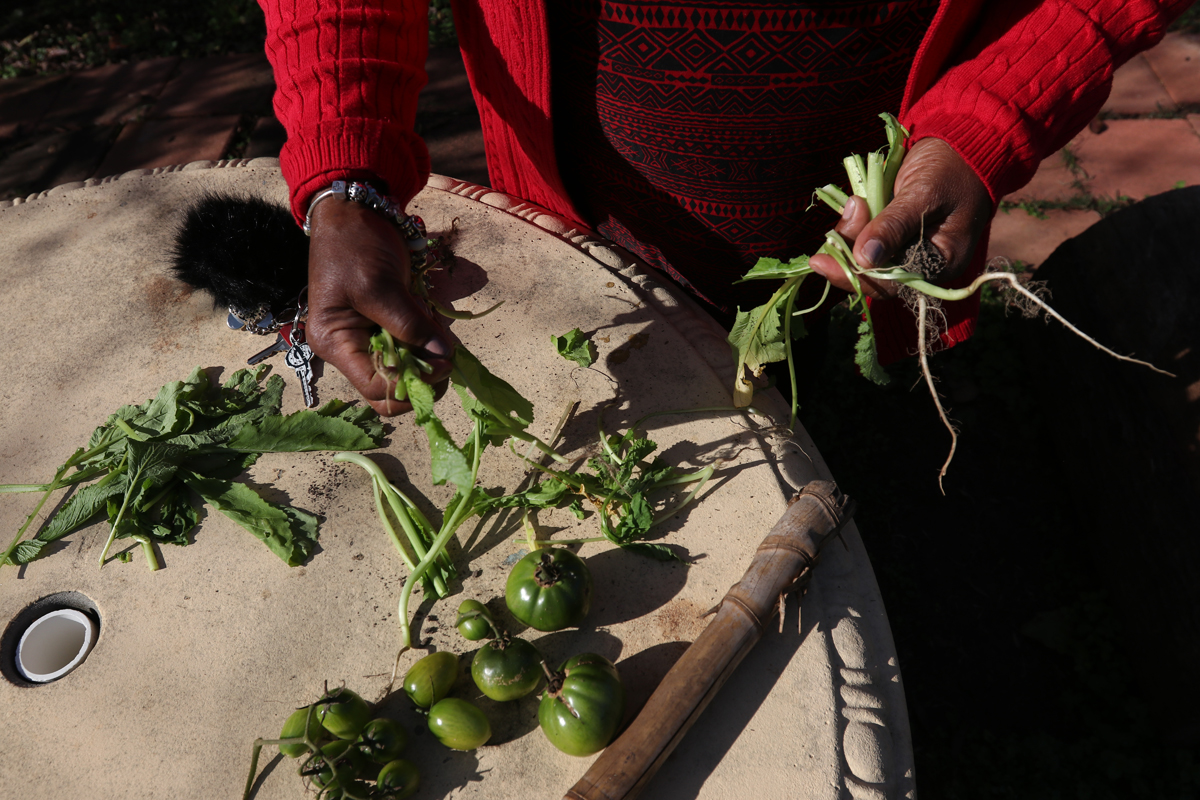
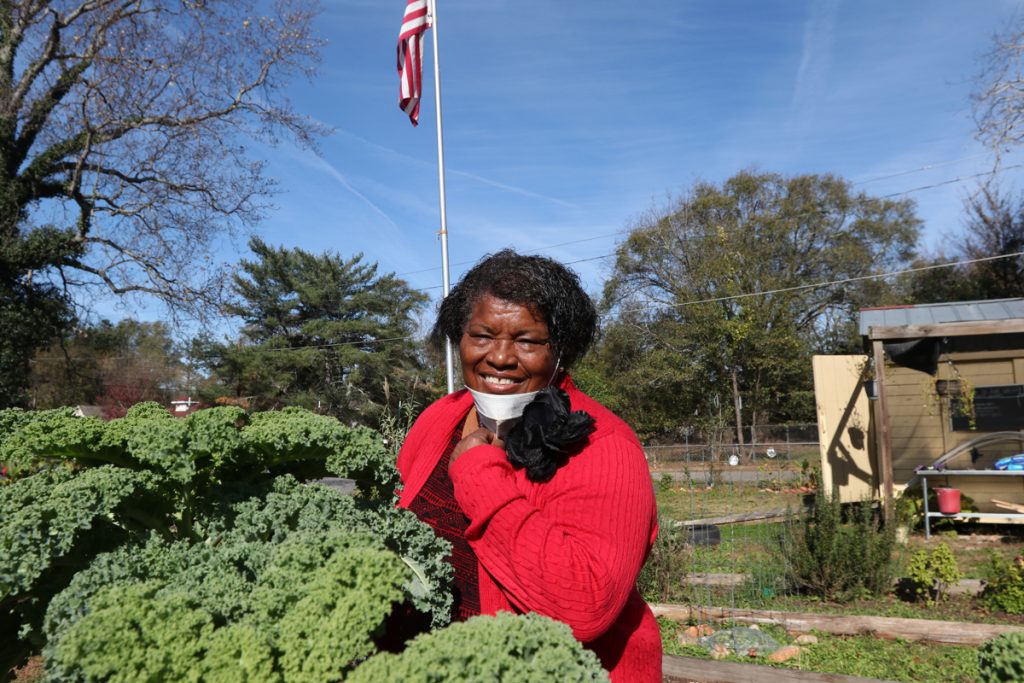
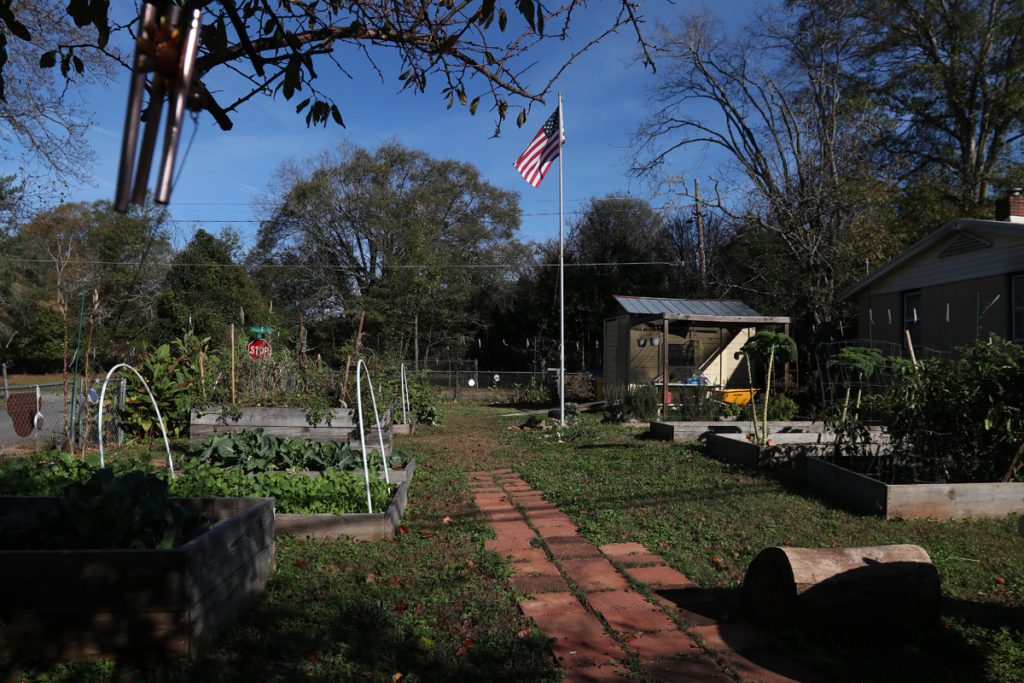
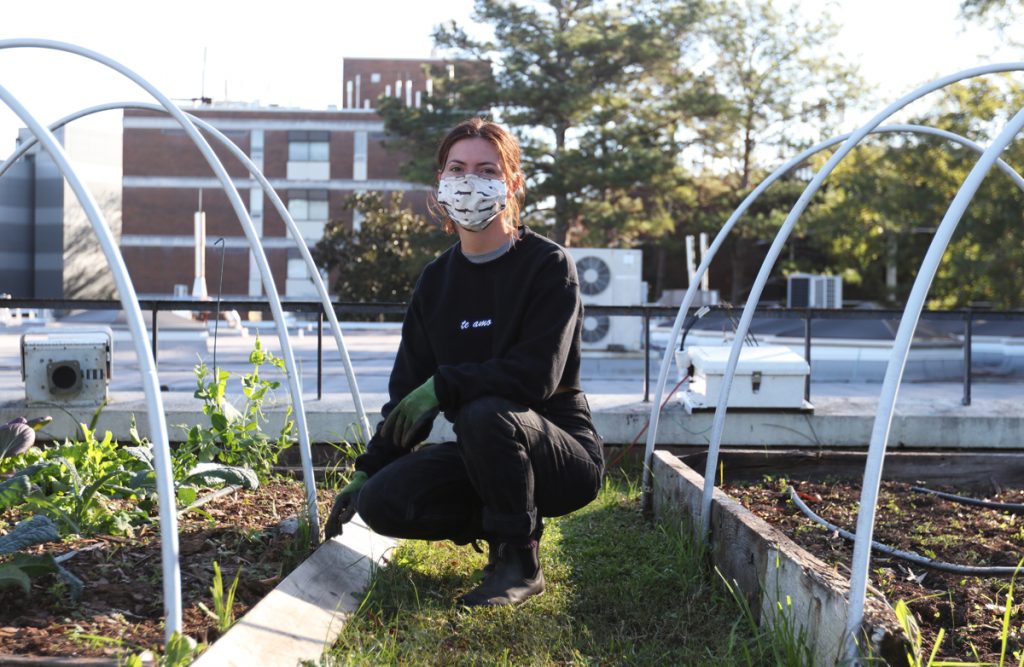
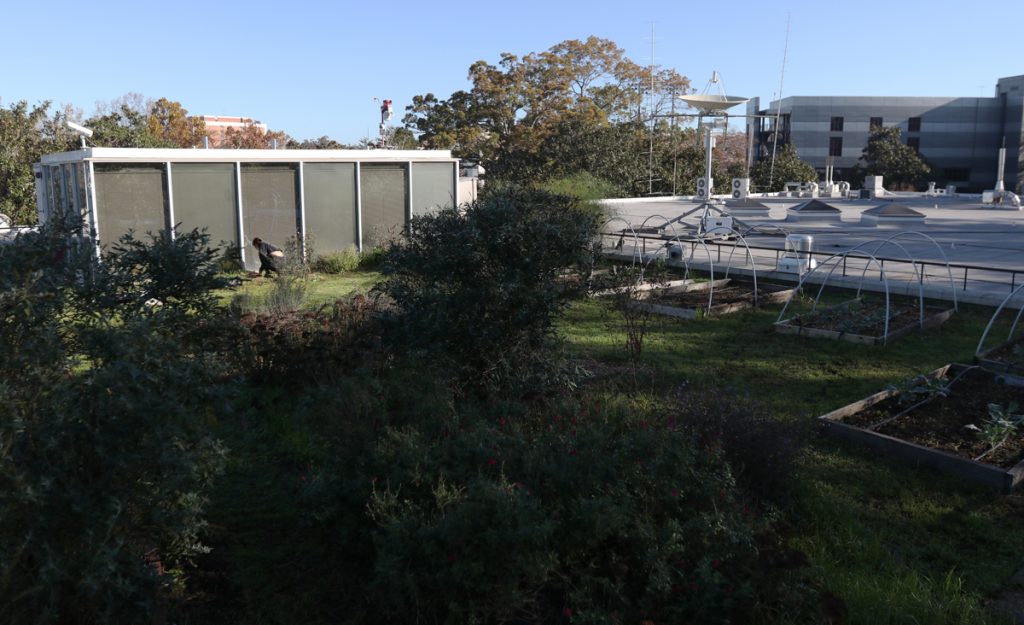
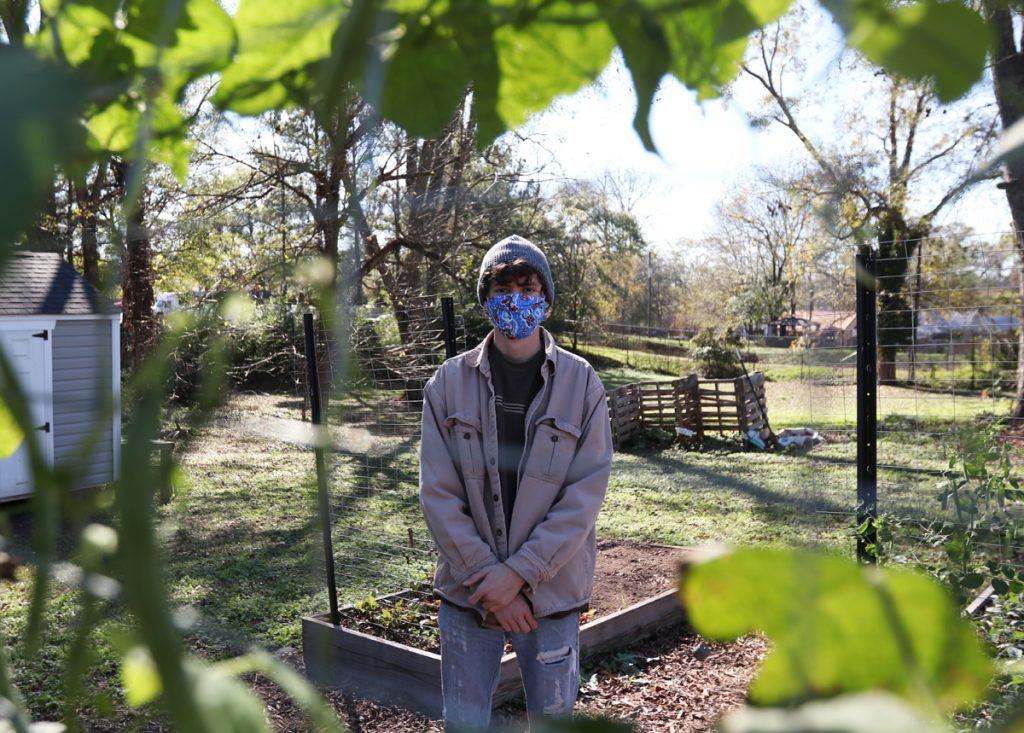
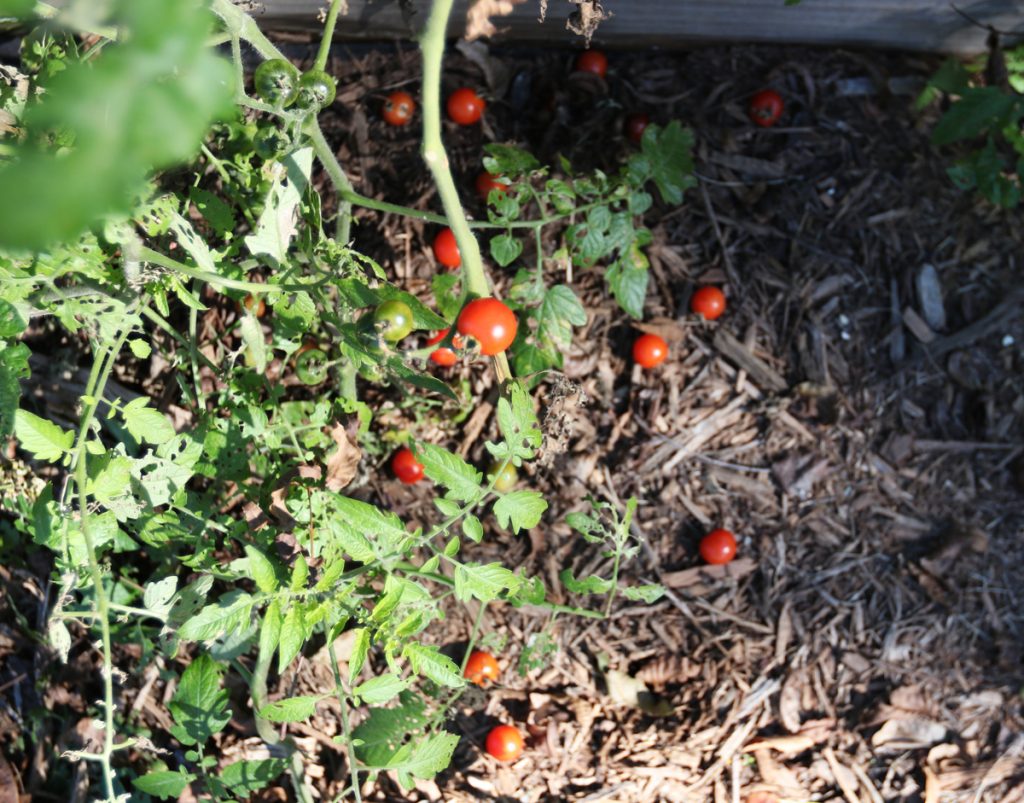


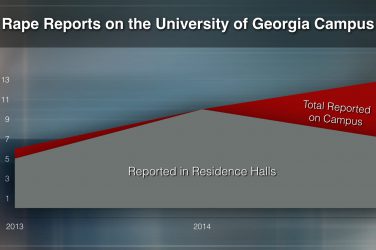
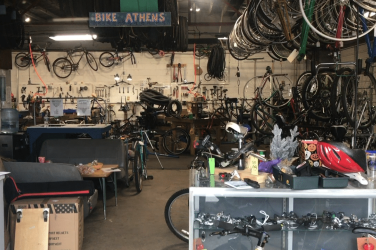
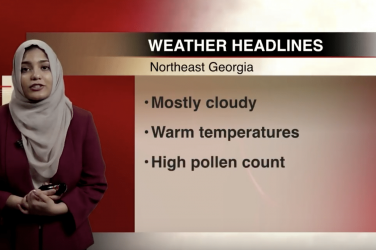

Show Comments (1)